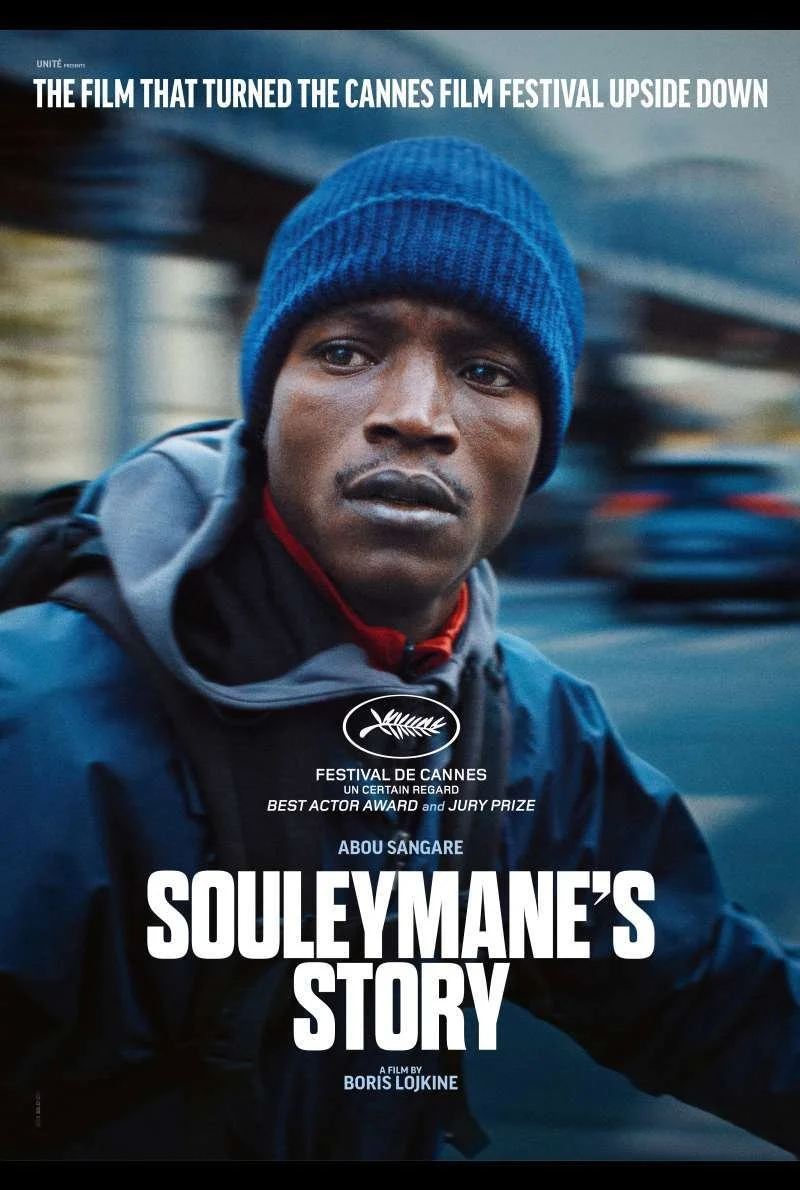resources
learn and grow with me.
here’s my library of resources i’d recommend to others. it starts from ‘accessible’ and ends with ‘challenging’.
Podcasts
“Stand Clear of the Closing Doors” by This American Life. Ira Glass (wonderful host) discusses the "welcoming" of migrants in NYC. Very human stories of migrating to a place where the institutions work against you.
(1 episode)
“The Border Trilogy“ by Radiolab. Always Radiolab is wonderfully produced: this is no exception. A joy to listen to, and enlightening. Especially part 2 about the usage of ‘nature’ to punish migrants, was enlightening to me.
(3 episodes)
“The Trojan Horse Affair” by Serial & the NYT. An award-winning series exploring British Islamophobia and our socialised views of Islam. Gripping, informative and moving.
(8 episodes)
(10 episodes)
“Mother Country Radicals” by Crooked Media. A series about state suppression of revolutionary ideas. How the state actively suppresses social progress unless we fight hard enough for it.
“187: Borders” and “248: Not a Nation of Immigrants” by Srsly Wrong. 2 anarchists discuss borders and migration. I think it’s an excellent show in general, you should listen. Some episodes are tedious; most are good.
(2 episodes; big show)
“De Verbranders”. A bilingual podcast focussed on the EU’s borders, recommended by MiGreat. The title is a translation of the word ‘Haraga’, the Arabic word meaning ‘the burning of borders’. Deeply radical and informative content.
(a show)
Books
An accessible entry into a world most of us (including myself) know little about: crossing the Mediterranean (world’s deadliest border) sea. Deeply unjust and heart wrenching stories about the reality of the EUs migration policies. I recommend this book to start with if you’re interested in the topic of borders/migration.
Divided in 7 chapters, it gave me a theoretical/factual introduction into the origins of borders, and how deeply they intrude into our lives. A main learning point is that borders aren’t only physical, but extend deeply into society through all sorts of controls. It’s a book filled with a lot of specifics, which I tend to quickly forget, but it might be your thing.
Working at a border and reading this book was so enlightening! She talks about how ‘humanitarianism’ and ‘aid’ kind of depoliticise and naturalise borders. Like, by not questioning the violence that happens at borders, and just responding to it, you legitimise the border. If you do any sort of ‘border work’ with NGOs, this is a must-read.
Dense, for sure. Long, too. Very detailed, but perhaps the most extensive book that covers borders. The history of them, and how they underpin and buttress the current world order. The book is divided into chapters exploring different borders all across the world: EU, US, Saudi Arabia, Australia, and more. A theoretically rich read for those looking for a critical academic overview of borders!
Following the “Border & Rule” argument that migration is shaped by how “the west” shaped the world, this book fits right in. It gives a new account of racism, treats Césaire’s Imperial Boomerang, and essentially rewrites the history of “the tolerant west”. Paradigm-shifting (for me, at the time).
Kundnani here assesses islamophobia and lays bare how tools of surveillance against Muslims (the evil enemies of the “tolerant west”) inevitably strengthen the state’s ability to monitor the wider population for (leftist) discontent. He rips on “radicalisation” theory as being a purely individual proces and instead argues terrorism is a political response to (amongst others) western presence in the Middle East.
To control the movement of people, you need technology. Walls, camera towers, drones. Where is that technology produced and tested? In Israel, tested on Palestinians. Like how the EU buys surveillance drones for the Mediterranean from Israeli companies. Antony shows how Israel exports technology of war and occupation to governments all across the world.
While perhaps not strictly on “borders”, it is a fiery book on Palestine and fighting the occupier. When engaged in an anticolonial fight (against the Israeli state and its western backers) how do we support those on the front lines? Under what conditions do we listen to colonialism’s victims? And how do we radicalise our undying support for the anticolonial struggle?
Migration doesn’t appear out of nowhere. It is shaped by large political forces. The groundwork for many of the forces was laid by “the west”. Violent overthrows of leftist/socialist leaders in favour of Western-backed dictators have shaped world history. The world looks like this because “the west” needed the world to look like this. The Jakarta Method gives a truly awful historical account of Indonesia and the history of western interventionism in the 50s, 60s and 70s.
Films & Documentaries &
Films & Documentaries &
📽️
Shadow Game, 2021
Getting into the E.U. is referred to as “the game”. You try over, and over, and over again. This documentary shows how that “game” looks like, by following different boys as they undergo the experiences of crossing deadly borders. Together with My Fourth Time, We Drowned, it shows how the world of crossing E.U’s borders actually looks like.
5 Broken Cameras, 2011
Stunned after watching Emad get his cameras broken, one after another, by the violence of the Israeli state. If you want to see how a “border” looks like up close, this is a must-see. There’s a lot in these 94 minutes, as this Palestinian community goes through all peaceful options to protest the wall, only to be met by perpetual violence, humiliation and dehumanisation.
Souleymane’s Story, 2024
Something about “borders” that I realized quickly is that they are not just the physical walls on the outside of nation-states! Borders are everywhere: the train conductor checking someone’s documents, healthcare requiring a valid ID, etc. I think Souleymane’s Story shows this very well; and the underground webs of resilience to circumvent these rules.
The Power of Nightmares: The Rise of the Politics of Fear (2004)
Adam Curtis is a weird guy. His documentaries are truly iconic for their style. This one is no exception. Told in 3 parts, it tells the story of the “war on terror”. About how Al-Qaida was invented by the US and UK, how Muslims were turned into the ideal enemy, and how it legitimised years of state-led terrorism.
Frontlinie (NL series)
Deze serie, met ruim 30 afleveringen (gratis op NPO) leert mij ontzettend veel over de onderbelichte conflicten. I love Bram Vermeulen. Vrijwel zonder uitzondering zijn het kijktips, maar deze vond ik extra de moeite waard: Eenzaam Europa, Gelukszoekers, en Groene Apartheid.
Video collection
Stopping a deportation
5-minute video in which I discuss the relatively ‘straightforward’ way to stop a deportation. all airplane flights can be deportation flights: also yours. more elaborate information can be sourced from MiGreat (info@migreat.org).
Antifascism, Yugoslavia, then & now.
Filmed in the abandoned monument dedicated to antifascist resistance of Petrova Gora, Croatia. With the curtailment of protesting rights, the stripping away of rights from all citizens, increased surveillance: I believe we have seen and are seeing the signs of fascism all around us. The fact that this antifascist monument sits abandoned and is explicitly targeted, speaks to our times.
Leftist parties & xenophobia
If only the evil of the 21st century were the fascist and racist parties currently in power. Sadly, I argue this isn’t the case. The leftist parties we vote for have contributed to this hostile environment as well, and in these 5 minutes, I explain how.
Forcibly signing “voluntary return agreements”
Filmed during my time in South Bulgaria, I report on the staff in the refugee camp pressuring Syrians into returning home. After Assad’s regime had fallen, we heard stories of this happening to Syrians all across Europe!
Self-organised protests in refugee camp Bulgaria
My friends in the Harmanli refugee camp are powerful. Hundreds came together and demanded change. I talk to some of my Syrian friends about how this came about.
Talking to an old man who was displaced from Palestine in 1948
In Beirut I visited one of the many Palestinian refugee camps that have been there since the Nakba (creation of ‘Israel’). The conversation was revelatory. I think you’ll enjoy it.
































